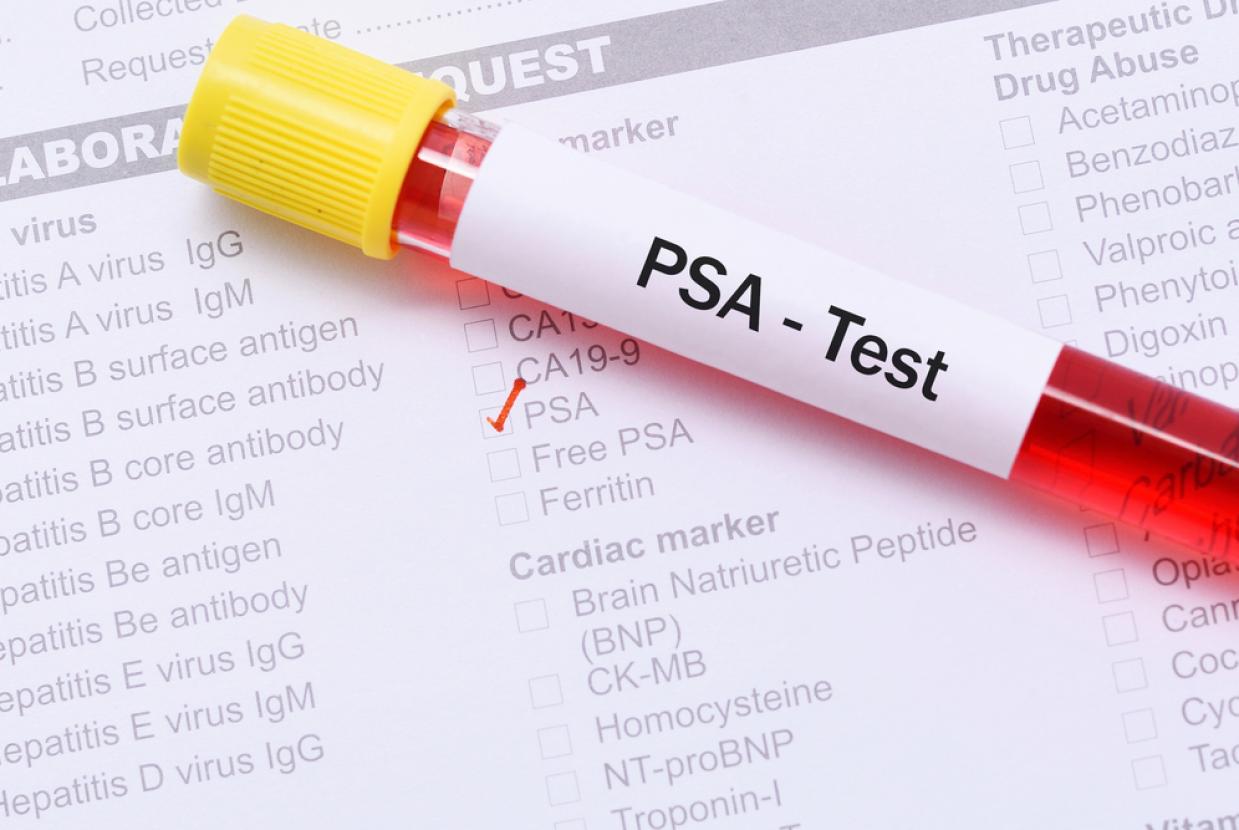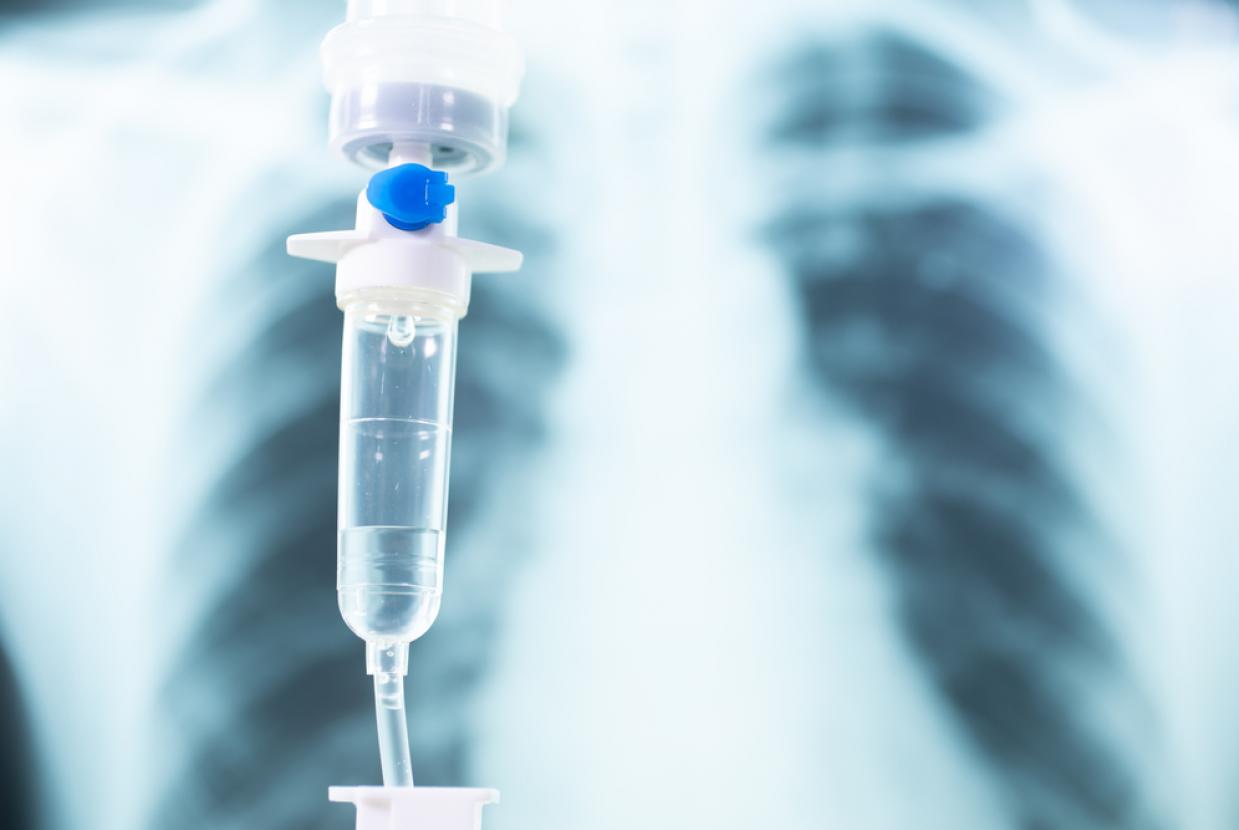High Blood Pressure
High blood pressure (also called hypertension) can lead to serious problems like heart attacks or strokes. But lifestyle changes and blood pressure medicines can help you stay healthy.
Check if you're at risk of high blood pressure
High blood pressure is very common, especially in older adults. There are usually no symptoms, so you may not realise you have it.
Things that increase your chances of having high blood pressure include:
- your age – you're more likely to get high blood pressure as you get older
- having close relatives with high blood pressure
- your ethnicity – you're at higher risk if you have a Black African, Black Caribbean or South Asian ethnic background
- having an unhealthy diet – especially a diet that's high in salt
- being overweight
- smoking
- drinking too much alcohol
- feeling stressed over a long period
Get your blood pressure checked at a pharmacy or GP surgery if:
- you think you might have high blood pressure or might be at risk of having high blood pressure
- you're aged 40 or over and have not had your blood pressure checked for more than 5 years
Some pharmacies may charge for a blood pressure check. Some workplaces also offer blood pressure checks. Check with your employer.
Free pharmacy checks for over 40s
Many pharmacies offer free blood pressure checks for people aged 40 or over.
Symptoms of high blood pressure
High blood pressure does not usually cause any symptoms.
Many people have it without realising it.
Rarely, high blood pressure can cause symptoms such as:
- headaches
- blurred vision
- chest pain
But the only way to find out if you have high blood pressure is to get your blood pressure checked.
Get help from NHS 111 if:
- you often have headaches or blurred vision
- you have chest pain that comes and goes
- you have other symptoms you're worried could be caused by high blood pressure
You can call 111 or get help from 111 online.
Call 999 if:
- you get sudden pain or discomfort in your chest that does not go away – the pain can feel like squeezing or pressure inside your chest, burning or indigestion
- you get pain that spreads to your left or right arm, or your neck, jaw, stomach or back
- you have chest pain and you feel sweaty, sick, light headed or short of breath
You could be having a heart attack. Call 999 straight away as you need immediate treatment in hospital.
Do not drive yourself to A&E. The person you speak to at 999 will give you advice about what to do.
What happens at a blood pressure check
A blood pressure test involves inflating a band (cuff) around your upper arm and measuring the pressure in your blood vessels.
If the test shows you might have high blood pressure, you may be asked to:
- use a blood pressure monitor at home to check your blood pressure regularly over the next few days
- come back to your GP surgery a few days or weeks later to have your blood pressure checked again
- wear a portable monitor that takes regular readings over 24 hours
This can confirm if you have high blood pressure.
What your blood pressure reading means
Blood pressure readings are given as 2 numbers, with the 1st number higher than the 2nd (for example, 130/80).
If you're under 80 years of age, you're usually considered to have high blood pressure if your reading is either:
- 140/90 or higher when checked by a healthcare professional
- 135/85 or higher when checked at home
If you're aged 80 or over, you're usually considered to have high blood pressure if your reading is either:
- 150/90 or higher when checked by a healthcare professional
- 145/85 or higher when checked at home
Blood pressure chart
Use our check your blood pressure reading tool to see your reading on a chart and understand what it means.
Risks of having high blood pressure
If your blood pressure is too high, it puts extra strain on your blood vessels, heart and other organs, such as your brain, kidneys and eyes.
If it's not treated, it can increase your risk of serious conditions such as:
- heart disease
- heart attacks
- strokes
- heart failure
- kidney disease
- vascular dementia
Lowering your blood pressure even a small amount can help reduce your risk of these problems.
How you can help lower your blood pressure
Healthy lifestyle changes can help lower your blood pressure.
Do
have a healthy, balanced diet
exercise regularly – aim to do at least 150 minutes of exercise a week
lose weight if you're overweight
Don’t
do not eat too much salt – avoid salty food or adding salt to your meals
do not drink too much alcohol – avoid drinking more than 14 alcohol units a week on a regular basis
do not drink too much caffeine – drinks high in caffeine include coffee, tea and cola
do not smoke
Medicines for high blood pressure
A GP will usually prescribe medicine for high blood pressure if:
- your blood pressure is very high
- you're at higher risk of problems linked to high blood pressure, such as a heart attack or stroke
- your blood pressure is still high after making healthy lifestyle changes
There are lots of different medicines for high blood pressure. The medicine recommended for you depends on things like how high your blood pressure is, your age and your ethnicity.
Most blood pressure medicines are taken as tablets once a day. You may need to take more than 1 medicine to keep your blood pressure under control.


































































